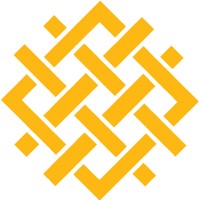FAQs
What is the job title for this position?
The job title is Intern – Food Loss at WRI India.
What are the main responsibilities of this internship?
The main responsibilities include conducting secondary research on reducing food losses, identifying relevant stakeholders, designing a framework, and building a database related to food loss measurement.
What qualifications are required for this internship?
The internship requires a Master's degree, preferably in Food, Environment, Economics, or Rural Development (pursuing students are also eligible). An understanding of agriculture and food loss in India is important.
What skills are preferred for applicants?
Preferred skills include proficiency in MS Office, effective communication, report writing, analytical capabilities, and the ability to work independently.
What is the duration of the internship?
The duration of the internship is 2 months.
Is there a stipend associated with this internship?
Yes, there is a stipend for this internship.
Where will the internship be located?
The internship can be conducted in Delhi or remotely.
How should applicants submit their applications?
Applicants should submit their curriculum vitae, a sample of research-based writing, and the names and contact details of two referees who can vouch for their capabilities.
Will all applicants be contacted for an interview?
No, only shortlisted applicants will be contacted for interview purposes.
What does WRI India value in its workplace culture?
WRI India values and promotes diversity, equity, and inclusion across all areas of work and workforce, and fosters a collaborative and progressive culture.

